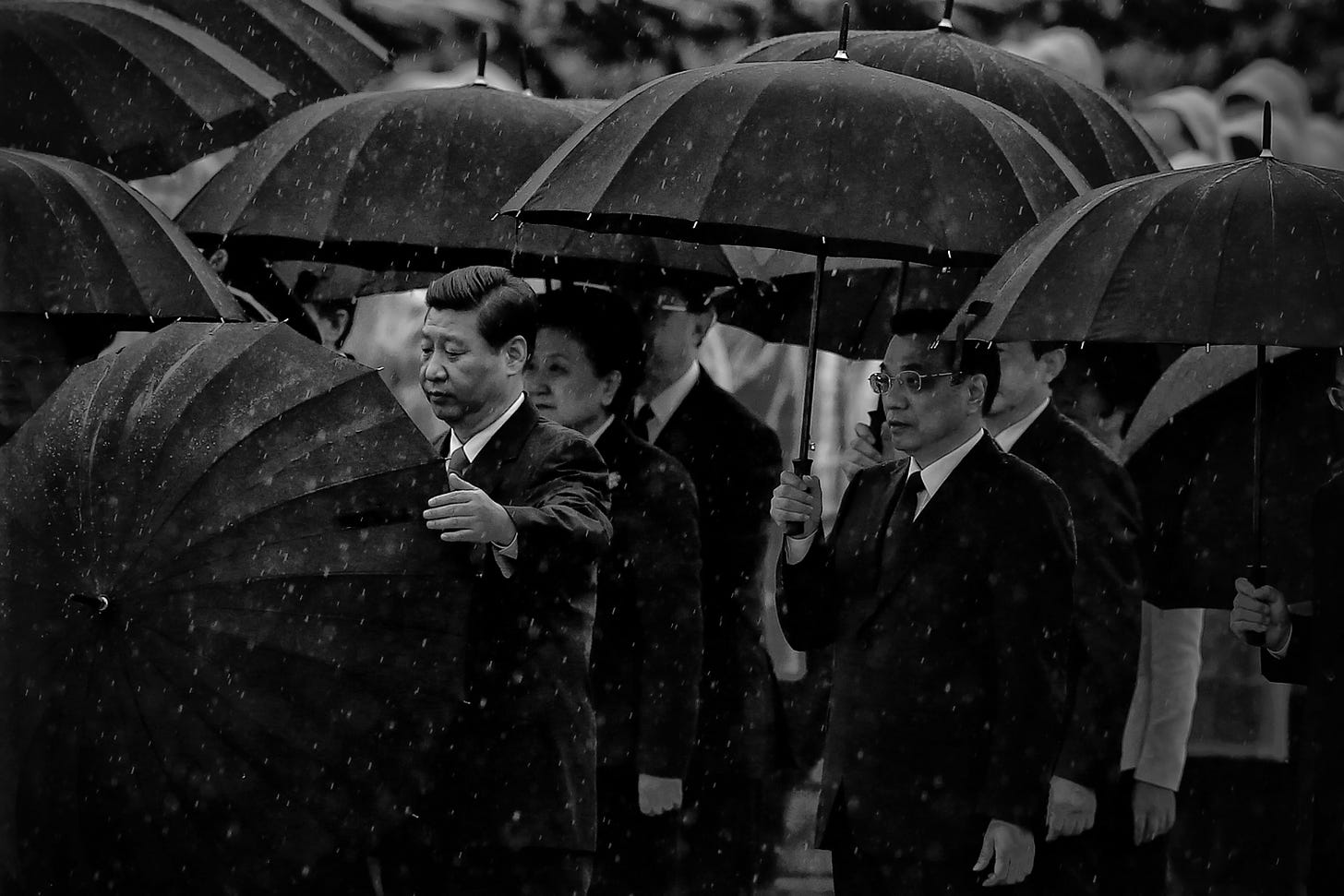
China’s spectacular economic rise over the past 30 years has generated fear in the United States that our economy will soon be eclipsed as the world’s largest. This has motivated the Trump administration to see China more as a strategic economic threat than as an economic partner. It is also one of the key reasons why the administration is engaging in a trade war with Beijing.
Yet this is hardly the first time that we have felt economically threatened. In the 1960s, we worried that the Soviet Union’s supposedly rapid economic growth portended a real economic challenge to the United States. Then, in the 1970s, we worried that Japan’s very strong economic performance was the forerunner of our relative economic decline.
It would be an understatement to say that our fears about Soviet and Japanese economic domination proved to be ill-founded. The unshakable stagnation of the Soviet Union in the 1980s paved the way for the empire’s break-up in the early 1990s. Meanwhile, the erstwhile Japanese economic miracle gave way to the bursting of its credit and housing market bubbles, followed by two lost economic decades .
In much the same way as our fears about Soviet and Japanese economic dominance proved to be illusory, there is good reason to think that China’s rapid economic rise will prove to be another paper tiger. Indeed, there is every reason to think that the Chinese economy will follow the Japanese path toward a few decades of virtual economic stagnation.
One factor likely to sap China’s economic growth in the years ahead is its very poor demographics. Largely as a result of its one-child policy, the Chinese labor force is expected to decline by some 25 percent over the next 30 years. This has prompted the demographer (and my American Enterprise Institute colleague) Nick Eberstadt to observe that China is set to become old before it becomes rich.
Another factor that does not bode well for China’s future economic performance is President Xi’s apparent intention to destroy the foundation on which China’s economic miracle rested. He is reversing the economic reforms introduced by Deng Xiaoping in 1979, aimed at giving the private sector increased room to breathe dynamism into the Chinese economy. Fearful of the challenge that a thriving Chinese private sector might pose to the Communist Party’s political hold on the country, President Xi is now reestablishing party discipline and increasing the role of China’s state enterprises.
Even more troubling for China’s long-run economic outlook are its highly unbalanced economy and it’s gargantuan credit bubble.
According to the IMF, Chinese investment still accounts for more than 45 percent of the country’s GDP. Meanwhile, over the past decade, credit to China’s non-public sector has increased by around 100 percent of GDP, which the Chinese government itself recognizes is an unsustainable situation. This rate of credit expansion exceeds that in Japan prior to its bubble bursting in the 1980s. It has also given rise to a situation where China has a massive amount of unused industrial capacity and an enormous overhang of unoccupied housing and commercial property.
Past experience with the bursting of outsized credit bubbles does not portend well for China’s long-run economic performance. In the best of circumstances, China, like Japan before it, is likely to experience a prolonged period of relative economic stagnation. It will do so at a time that its banks’ balance sheets will be clogged with non-performing loans, and the need to prop up zombie enterprises will preclude the flow of credit to the more dynamic sectors of its economy.
All of this is not to say that the Trump administration is mistaken to exert pressure on China to level the trade playing field and to have China desist from intellectual property theft and forced technology transfer. Rather, it is to say that in formulating its international economic policy, the administration should not exaggerate China’s long-run economic challenge to the United States.


